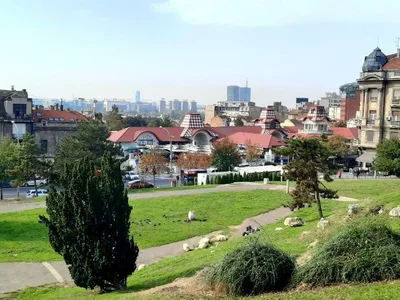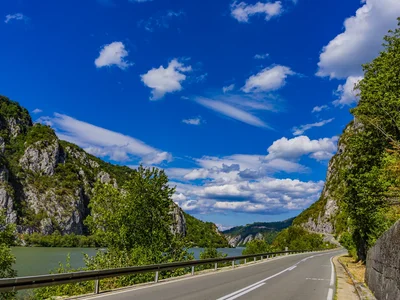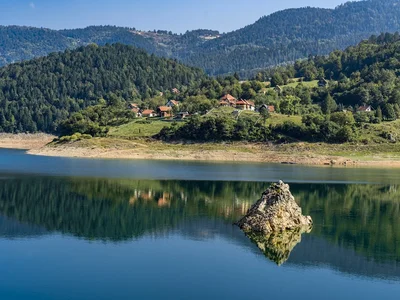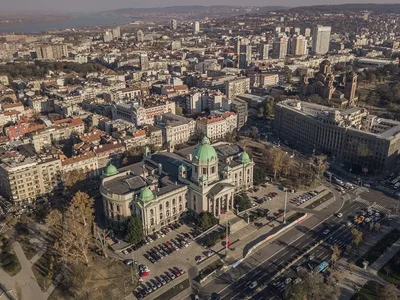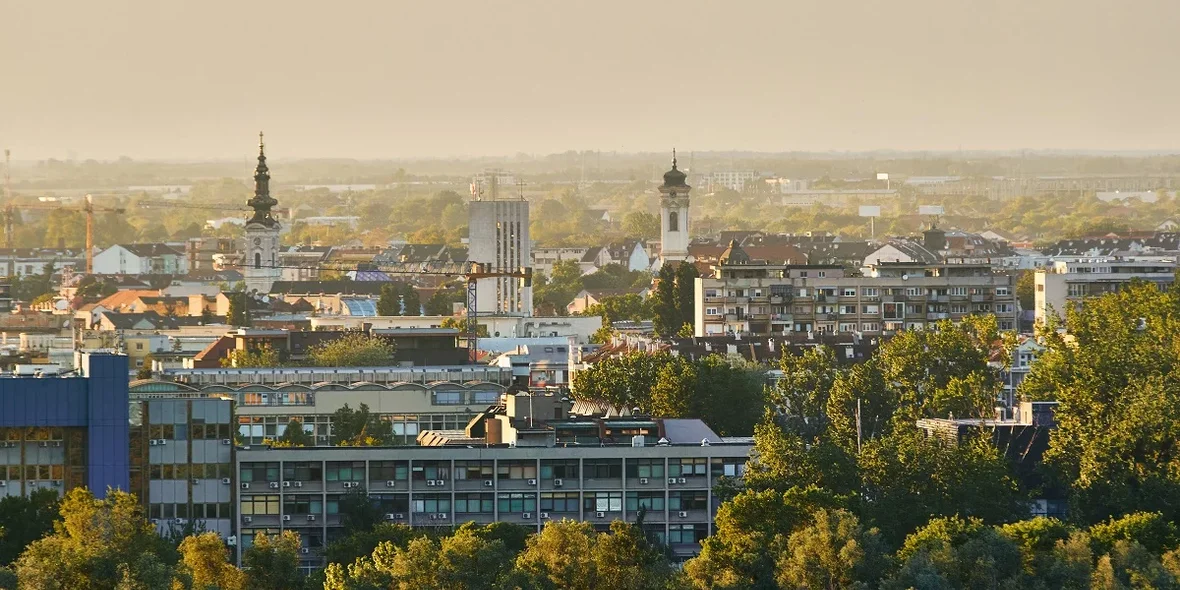
A Comprehensive Guide to Purchasing Real Estate in Serbia
How can a foreigner buy an apartment in Serbia? Is it possible to take out a mortgage for this purpose? How much is the average cost of housing in the country, and what additional costs should one expect when buying? A step-by-step guide—in our material.
In Serbia, there is a “reciprocity principle” for the purchase of real estate by foreigners. That is, Serbia allows citizens of countries that give the same right to the Serbs to buy a house on their territory. Among these countries are Russia, Israel, the United States, Canada, and others.
As for the types of purchased property, there are no restrictions. The exceptions are agricultural lands and reserved areas, as well as real estate located on these plots.
What are the advantages of buying real estate in Serbia?
Owners of any type of real estate can obtain a residence permit in Serbia. It is required to reside in the country for at least 183 days per year. The purchase price does not matter.
The residence permit may be issued for one year, with the possibility of an extension. After five years of residence with this document, you can apply for citizenship. Immediate family members (spouse and children) can apply for the one-year visa with the wording “for the purpose of family reunion.”
Buying real estate in Serbia by the steps
Here are the steps to be followed in order to buy a house in Serbia:
1. Reserve the property you want.
First of all, you need to reserve the selected property for the time period agreed upon with the seller. Usually, it takes from one week to one month. When doing so, you must make a deposit, which typically remains at the real estate agency or with a lawyer. The average size of the deposit is from €1000 to €5000; the exact amount is determined in the process of negotiation. In practice, this step is often omitted.
2. Sign a preliminary contract.
Then you can conclude at the notary a preliminary purchase agreement. This document specifies the description of the object, the price, the amount of the down payment or deposit (often 10% of the total value of the property), and the date when the main contract will be signed. The preliminary contract has the same legal force as the main contract.
3. Conclude the main contract of sale.
The contents of the main contract are formed by a lawyer and notarized in the presence of the buyer, seller, real estate agents, a licensed court interpreter, and two witnesses. The text of the contract is in Serbian.
The buyer will need the following documents:
- passport;
- certificate of marital status;
- an account number in a bank in Serbia, from which the funds will be transferred;
- documentary proof of the origin of funds.
4. Payment for the transaction.
Amounts up to €10,000 can be paid in cash and anything over that—through a bank.
Foreigners without a residence permit can open a special account for non-residents. In order to pay for real estate in Serbia, the bank will require an application.
Buyers may transfer money from this account, or an account in a third country, directly to the seller or developer. However, it is worth remembering to pass the currency control.
Immediately after payment at the bank, the buyer, seller, agents, translator, and witnesses return to the notary to sign the Clausula intabulandi—the seller's consent to register the buyer as the new owner of the property in the cadastre.
5. Check the property.
When buying secondary housing, the seller and the buyer, in the presence of an agent, conclude an Acceptance Act. It specifies the identified deficiencies (if any) and defines the period for fixing them.
In the case of the purchase of a new building, “Grajevinska dosvola”—the building permit—is responsible for the quality of the real estate. And after the completion of all work on the site and technical acceptance, “Upobdozvola”, that is, permission to move into the house, is given.
6. Register the right of ownership.
A certificate of ownership (List nepokretnosti or Vlasnički list) can be obtained at the property registry 30 days after completing all these steps. The document can also be downloaded and printed from the Real Estate Cadastre website.
Note. You can also buy houses and apartments in Serbia remotely on the basis of a notary-certified power of attorney (which should be translated into Serbian by a licensed translator).
Related costs when buying real estate in Serbia
When buying a home in Serbia, you have to count on extra costs ranging from 2.5% to 12% of the transaction price, plus another €350–€550.
- VAT for new construction is 10% of the value of the transaction.
- Property transfer tax for secondary housing is 2.5% of the transaction value.
- The registration fee is €50.
- The notary fee is €300–€500 (depending on the deal).
- The agent's fee is 2% (a percentage paid by the buyer).
Average prices of homes in Serbia
An apartment of 90 sq.m. in Serbia can be bought for between €150 000–€235 000.
The price to rent a one-bedroom apartment in Serbia is around €300–500 per month. It is possible to rent a two-room apartment in the country for €600–850.
Utility payments in Serbia are on average €140 per month (plus €23 for internet).
Buying housing in Serbia with a mortgage
Serbian citizens may take out mortgage loans, as may foreigners with a residence or work permit in the Republic of Serbia. Mortgages are granted by Serbian banks for a maximum period of 40 years.
The interest rate for a 20-year fixed-rate mortgage in Serbia is 6.87%.
FAQ: Answers to the most common questions
Can foreigners buy real estate in Serbia?
What documents does a foreigner need to buy real estate in Serbia?
What taxes and fees are involved when buying real estate in Serbia?
Can a foreigner get a mortgage to buy real estate in Serbia?
What is the process of buying real estate in Serbia for foreigners?
Author
I am responsible for editorial work. I write expert interviews and guides.



















